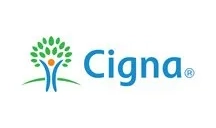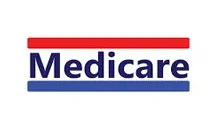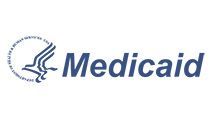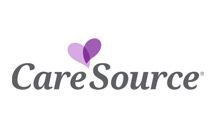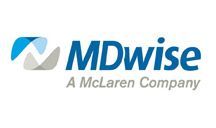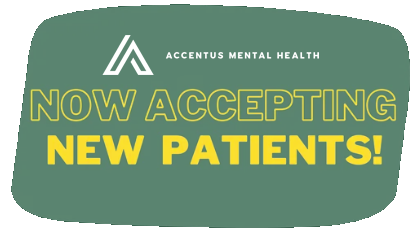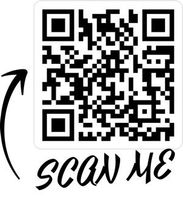Your mental health, our priority.
Accentus Mental Health of Indianapolis
Do you experience depression, treatment resistant depression (TRD), PTSD, OCD, anxiety, or another related mental health issue? Our local mental health clinic offers modern treatment solutions as well as traditional psychiatric services. If you’re local to Indianapolis Indiana and have tried multiple medications for your mental health but are still struggling or are tired of dealing with medication side effects, schedule a consultation with us today!
WHO DO WE HELP
Looking for help with MDD or OCD? That's what we specialize in!
Rooted in a profound understanding of the interconnectedness between mind, body, and spirit, we offer a comprehensive range of specialized services designed to address the diverse needs and experiences of our patients. Accentus Mental Health helps people who suffer from depression and mood disorders, people who need help with their mental health medication management, those in need of psychotherapy or talk therapy, individuals who have trauma related symptoms, and expectant new mothers. We can help individuals as well as couples and families.
TREATMENT OPTIONS THAT FIT YOUR UNIQUE NEEDS
Local Mental Health Experts For TMS Therapy, SPRAVATO®, Medication Management, and Psychotherapy.
Our team understands the complexities of mental health and the importance of comprehensive care tailored to each individual's needs. We are dedicated to providing a range of evidence-based treatments and therapies designed to support your journey towards mental well-being.
How Do We Help Our Patients?
- TMS Therapy
- Spravato® / Esketamine
- Medication Management
- Psychotherapy / Talk Therapy
- Cognitive Behavioral Therapy (CBT)
- Cognitive Processing Therapy (CPT)
- Trauma-Focused Cognitive Behavioral Therapy (TFCBT)
- Motivational Interviewing
- Polyvagal Theory/Interventions
- Gottman Couples Method
- Eye Movement Desensitization and Reprocessing (EMDR)
- Ego State/Parts Work Method
- Perinatal Mood Disorder Support
- And More!
At Accentus Mental Health we believe in the power of collaboration and partnership to support your path to wellness. Take the first step towards a brighter tomorrow and contact us today to schedule a consultation and embark on your journey towards mental health and fulfillment. Have questions? We'd love to hear from you.
Understanding the Different Types of Therapy or Treatment Offered
These brief FAQs below provide insights into the various therapeutic approaches and interventions offered at our clinic. For more information or to explore which service might be right for you, please reach out to our team.
IS TMS THERAPY RIGHT FOR YOU?
In 2017, for adjunct treatment in adult patients with obsessive-compulsive disorder (OCD), the US Food and Drug Administration approved transcranial magnetic stimulation (TMS Therapy). TMS was first approved in 2008 for major depressive disorder (MDD) and has undergone continual technological advances and can now be used for even more conditions.
“Many people suffering from MDD also experience anxiety symptoms, and these patients with anxious depression are more likely to be severely depressed and to have more thoughts of suicide. This new indication means providers can now describe to MDD patients the benefit of TMS for improving their anxiety symptoms.”
- Keith J. Sullivan, President and CEO of Neuronetics Inc.
Are you feeling down, depressed, anxious, sad, exhausted, dull, or spaced out? These symptoms are associated with a variety of mental health issues such as depression and anxiety. Our PHQ-10 questionnaire is a self-evaluation that assesses the severity of your depression symptoms as well as their progression over time.
Click the button shown below to take our free depression test.
HOW DOES TMS THERAPY WORK?
TMS, or Transcranial Magnetic Stimulation, is a form of neuromodulation that uses a magnetic pulse to stimulate regions of the brain linked with depressive pathways. Transcranial Magnetic Stimulation involves a simple outpatient therapy where patients frequently notice beneficial effects after just a few sessions of treatment.
GET OUR FREE TMS THERAPY GUIDE
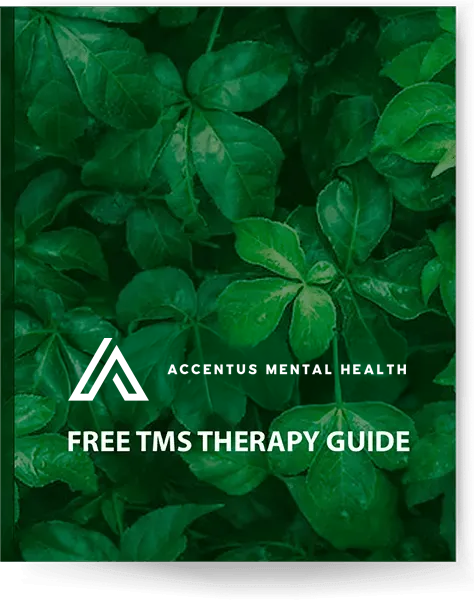
WHY CHOOSE ACCENTUS MENTAL HEALTH FOR TMS THERAPY?
Accentus Mental Health believes in honesty and integrity. We are dedicated to providing a secure, safe environment that follows our core values. We make continual efforts to enhance the quality of our service and develop unique TMS therapy treatment plans to help our patients improve their mental well-being.

DRUG-FREE ALTERNATIVE

NO SYSTEMIC SIDE EFFECTS
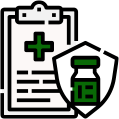
PERSONALIZED TREATMENT

COVERED BY INSURANCE
TMS THERAPY REVIEWS

Antidepressants helped to some degree but the effectiveness would eventually wear off.
While searching online for a psychiatrist, I became aware of TMS and hoped this might work and I am just glad I still had hope and had this treatment done.
Roger T.
I have suffered from depression for over 15 years. I have tried the usual drugs, including Prozac and Celexa, but they always made me feel like a zombie.
When I heard about TMS, I was very reluctant. However, my psychiatrist encouraged me to try it and I am so glad that I did. After just 3 sessions, the improvement was remarkable.
Nancy W.
YOUR PATH TO MENTAL WELLNESS STARTS HERE
1
Submit an online form or contact us at (317) 721-4169.
2
Complete a new patient registration form.
3
Get your personalized mental health treatment plan.
4









